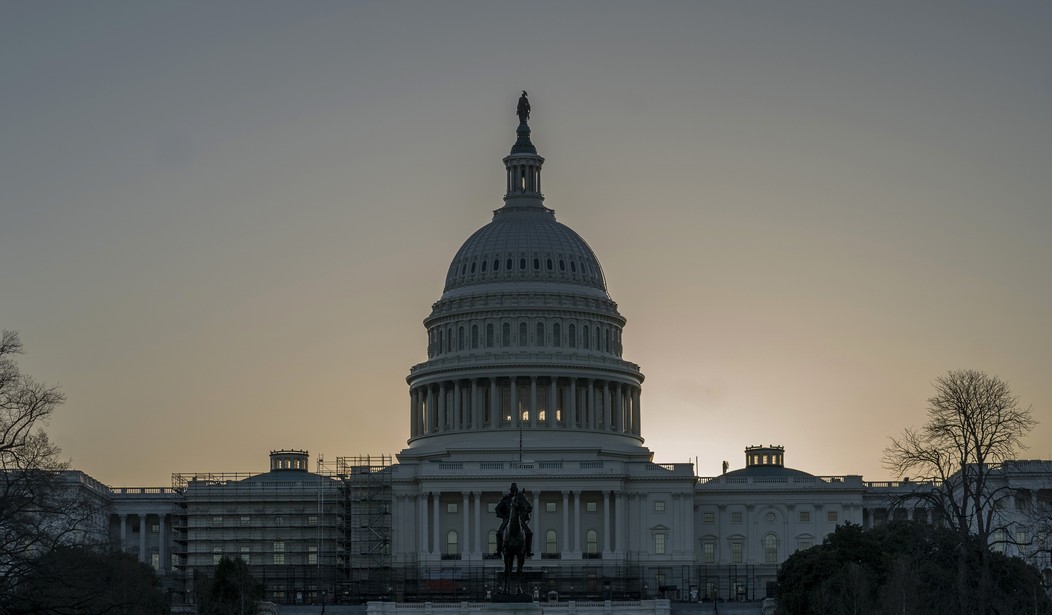There are only a handful of working days remaining for Congress to contend with a looming government shutdown. Yet, Members are diverting valuable time and attention to a problem that doesn’t really exist: the market operations of pharmacy benefit managers (PBMs). Three House committees and three Senate committees have moved anti-PBM legislation, and one bill is expected to pass in the House on Monday. Tuesday morning, the House Committee on Oversight and Accountability will hold a hearing targeting PBMs and there’s simply no defensible reason for it.
PBMs manage the pharmacy portion of health insurance plans for employers, unions, government agencies, and other organizations. I’ve been working with PBMs for 30 years: from the government side as a state legislator, as a hospital executive working with self-insured employers, as a purchaser representing 100 construction companies securing benefits for 15,000 unionized workers, and as a regulator in my recent role as Director of the Ohio Department of Health.
The drug supply chain is complicated. There are manufacturers, wholesalers, distributors, PBMs, pharmacies, health care providers, and insurance companies. Even if Congress is concerned about the rising cost of medications, it makes no sense to focus so narrowly on PBMs since they are taking a very small part of the profits. Researchers from Memorial Sloan Kettering’s Center for Health Policy and Outcomes found that 67% of the cost of prescriptions went to drugmakers, 15% to pharmacies, 8% to providers, and less than 5% to PBMs.
Employers, whether self-insured or using external insurance plans, have been using PBMs for decades for the simple reason that they do the job well. They get paid because they cut costs and improve outcomes. They cut costs because they use their market power to negotiate lower prices, just like Walmart, and they take a piece of that savings, just like Walmart.
Recommended
A recent report from the Inspector General at the Department of Labor found that the agency spent an extra $321 million over a 5-year period on prescription drugs because it didn’t use a PBM. One study estimates the combined value of the various PBM tools to be $145 billion each and every year, concluding, “PBM negotiations fuel competition that lowers retail and manufacturing prices.”
And the incredibly important fact that’s often overlooked is that PBMs get better health outcomes for employees. In my experience, I’ve seen many people be alerted by their PBM that the medication they were prescribed was contraindicated for them.
In fact, it happened to me. I’m allergic to amoxicillin but I was prescribed a variant with a different name. When I went to fill the prescription, the PBM alerted my pharmacist, and an unpleasant outcome was averted. This is not unusual.
It’s odd that lawmakers are suddenly concerned about a market player that provides a positive service to employers and patients and is such a routine part of doing business. I wonder if this attention has anything to do with the enormous lobbying and advertising spending by Big Pharma, as they shell out more than any other industry.
I understand that Democrats want to regulate PBMs because they want to regulate all business and especially move us to big-government healthcare. But it’s perplexing to me that Republicans feel this is a part of the free market they should target. Maybe they’re just going along with regulating entities they don’t understand but they should stick to the basic Republican principle of keeping the government’s big nose out of private business as much as possible.
The free market is what works. Businesses and other buyers can negotiate with PBMs and choose the level of service they desire. They can demand the information or data they want and if they don’t like a contract, they don’t have to sign it. They can reopen contracts for renegotiation or switch providers. I’ve done it.
Some lawmakers say they want to protect local neighborhood pharmacies, but the number of independent pharmacies has actually gone up in the last decade. And even they need to provide a service worth paying for like every other market player. Sure, I miss the days of going to my local hardware store—but not enough to stop buying from Home Depot. It seems everybody loves the free market until it’s their market.
Congress should turn their attention to the pressing matters on their agenda and not muck around with a system that’s working. And if they want to address the drug supply chain, a complicated market with many players, they should focus on the entities raking in the highest profits rather than the efficient and positive role PBMs play. As in the Hippocratic Oath, first, do no harm.
Rick Hodges is an Executive in Residence at Ohio University and the former Director of the Ohio Department of Health.
























Join the conversation as a VIP Member